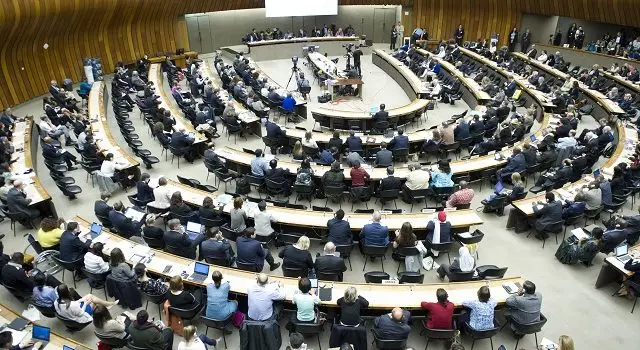Cardiovascular disease (CVD) can strike anyone, manifest in different ways and have varying causes. High cholesterol, tobacco, physical inactivity and harmful use of alcohol are factors that can compromise cardiovascular health. Additionally, air pollution is a growing risk that complicates cardiovascular conditions.
Working towards better cardiovascular health
As for all diseases, habits and genetics play a role. For some, the hereditary (genetic) component is the most important. For example, Familial hypercholesterolemia (FH) is an inherited, metabolic disorder. Individuals with FH have high levels of low-density lipoprotein (LDL) cholesterol — sometimes called ‘bad’ cholesterol — due to a mutation in one of several genes that help regulate and eliminate it.
Guidance in a series of WHF Roadmaps can be a timesaver. They help map challenges, stakeholders and options across systems to support responses that might not always be considered or obvious. With case studies and examples, the series synthesises challenges and solutions and makes practical recommendations.
A closer look at cholesterol for cardiovascular health
High cholesterol is a factor in the deaths of more than 4 million people every year. Elevated levels of unhealthy cholesterol (low-density lipoproteins or LDL-C) can lead to plaque build-up or atherosclerosis that causes arteries to narrow and increases the person’s risk of heart attack and stroke.
Obstacles to managing cholesterol often include a lack of health awareness and education, insufficient or delayed screening or poor access to health facilities and treatments.
As the Roadmap on Cholesterol shows, food labelling and regulation plus taxes on unhealthy commodities are some concrete steps to preventing unhealthy cholesterol levels. Timing matters, too; population-level screening can identify at-risk individuals. Equitable policies are a must: knowledge and evidence, effective drug treatment and supporting modified lifestyles can ensure people access care.
Read the full article by WHF President Prof Daniel Piñeiro on Mediaplanet.


